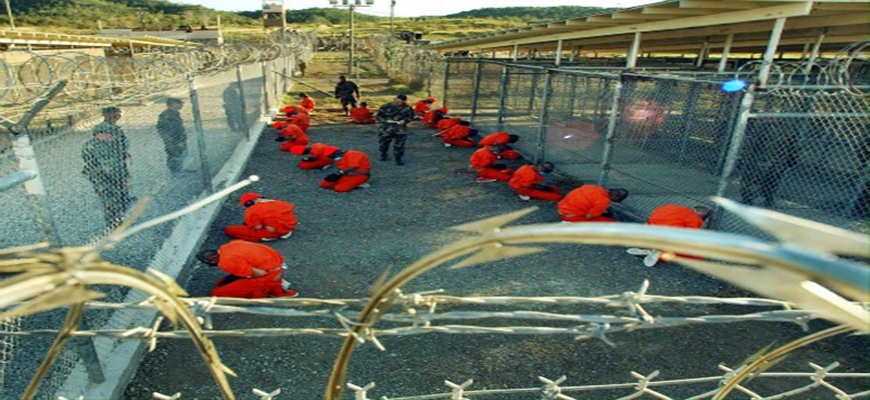
26 Mar 2015
The government of Uruguay has closed its doors to former Guantánamo detainees “definitively” and halted its program to accept refugees from the Syrian civil war for at least another year, according to Foreign Minister Rodolfo Nin Novoa. Nin Novoa announced the change in policy to the press yesterday, the first major foreign policy shift since Tabaré Vázquez took over for leftist José Mujica as president at the beginning of March. “No more Guantánamo prisoners will be coming here, that is definitive,” he told the press, while adding that the program to receive Syrian refugees from the Middle East will be postponed. Nin Novoa cited “cultural and infrastructural shortcomings” on Uruguay’s behalf as a reason for halting the programs. Nonetheless, a new group of Syrian refugees will be arriving in Uruguay at the end of the year, Nin Novoa confirmed– a group already accepted to live in Uruguay during Mujica’s tenure whose arrival had been postponed for logistical reasons. Nin Novoa suggested “better planning” before announcing the acceptance of any new refugees to the country. As the BBC notes, most Uruguayans appear to have disagreed with the Mujica plan to assimilate Syrians displaced by the Civil War that has raged for four years in their home country. While Mujica initially received international praise for his decision to accept the refugees, easing pressure on neighboring countries like Lebanon and Turkey, cultural issues appeared to rapidly complicate the adjustments the Syrians brought to Montevideo had to make. In February, the government of Uruguay reported that they would no longer accept male Syrian refugees– only women and children– due to a surge in domestic violence in those communities incompatible with Uruguayan custom. “Simply: in Uruguay, we are not willing to remain with our arms crossed if men hit women,” then-President Mujica said of the policy change. Accepting Syrian refugees legally also appears to have led to an increase in attempts at entering Uruguay illegally, with Montevideo arresting numerous groups of people believed to be Syrian refugees trying to enter the country using falsified Israeli passports. The challenge to push Syrian refugees to adjust to life in South America has been dwarfed by the problems faced in accommodating the six men living in Montevideo after being held in Guantánamo Bay for ties to Al Qaeda. The government has stated publicly that the men appear to be struggling to learn the language and find jobs, and neighbors of the six have reported to authorities on multiple occasions loud “political and religious” disputes that disturb the community. In a profile by the Washington Post, one of the prisoners tells the newspaper that he “feels the promises made to him have been betrayed. He wants his own house, his family brought from Syria, enough money to live with dignity and start a business,” despite the regular stipend from the Uruguayan government, which he has rejected, hoping the lack of money will trigger a hunger strike after he can no longer afford to buy food. This attitude has frustrated Uruguayan government officials and unions trying to help the group alike, with the executive secretary of one union telling the Post: “They’re like 5-year-old kids… These people have to learn to live with their liberty.”

 عربي
عربي